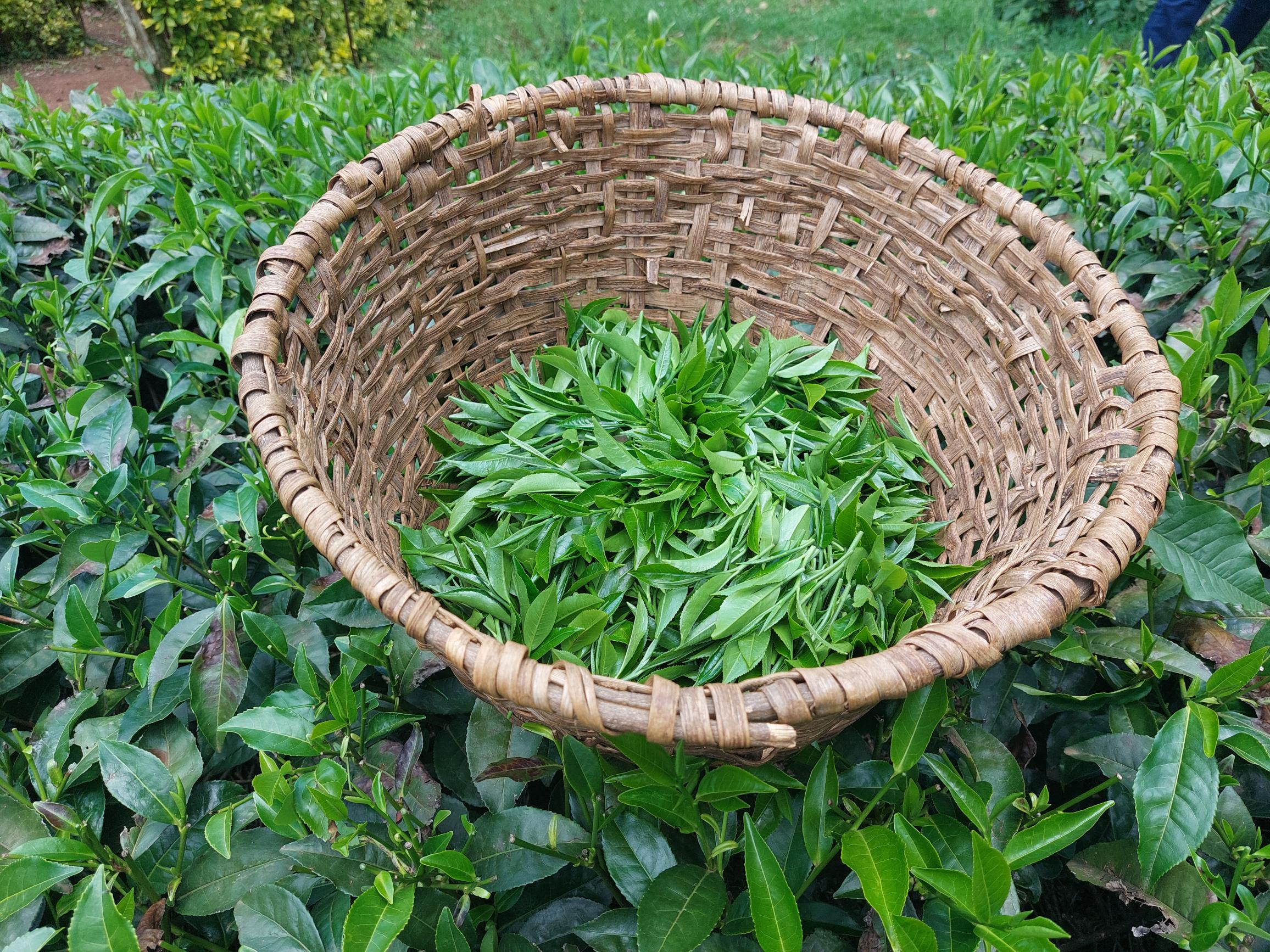
FAO pilots low-carbon tea among small-scale farmers » Capital News
KISUMU, Kenya, Jun 26 — The Food and Agriculture Organization (FAO) has launched a pilot project in Kenya aimed at producing low-carbon tea.
The goal is to establish a productive, efficient, and environmentally sustainable tea value chain, thereby contributing to the country’s climate action objectives.
Barrack Okoba, FAO Project Manager for Low-Carbon Tea, said the Kenyan government has partnered with other countries to support rural livelihoods in the tea sector, with the primary aim of advancing climate action.
“While the project focuses on a specific value chain—tea—we believe the lessons learned here can be scaled up,” he said.
According to Okoba, tea is a critical crop as it is one of the country’s top income earners. The project will assess greenhouse gas emissions across the tea value chain.
“The aim is to reduce the climate impact of tea production and develop solutions that enhance incomes for smallholder farmers,” he said.
He noted that many small-scale farmers rely heavily on tea for their livelihoods, and the project seeks to sustain production while protecting the environment.
Certificationn
Okoba, speaking in Kisumu on Wednesday during a roundtable meeting with project partners, commited FAO’s support on certification of low-carbon tea once it meet the production benchmarks.
“We are exploring opportunities for buyers who recognize and value these efforts and are willing to pay a premium for certified low-carbon tea,” he said.
Kenya is partnering with Germany, China, and the FAO, which is leading the coordination of the project. Germany and China are jointly contributing USD 5 million, while Kenya is providing infrastructure and policy support.
Tea Board of Kenya (TBK) Chief Executive Officer Willy Mutai announced that 71 tea factories are implementing the pilot project.
Mutai affirmed TBK’s full support, saying the board will scale up the initiative nationwide if it proves successful.
“The success of this project will [be] a success for Kenyan farmers,” he said.